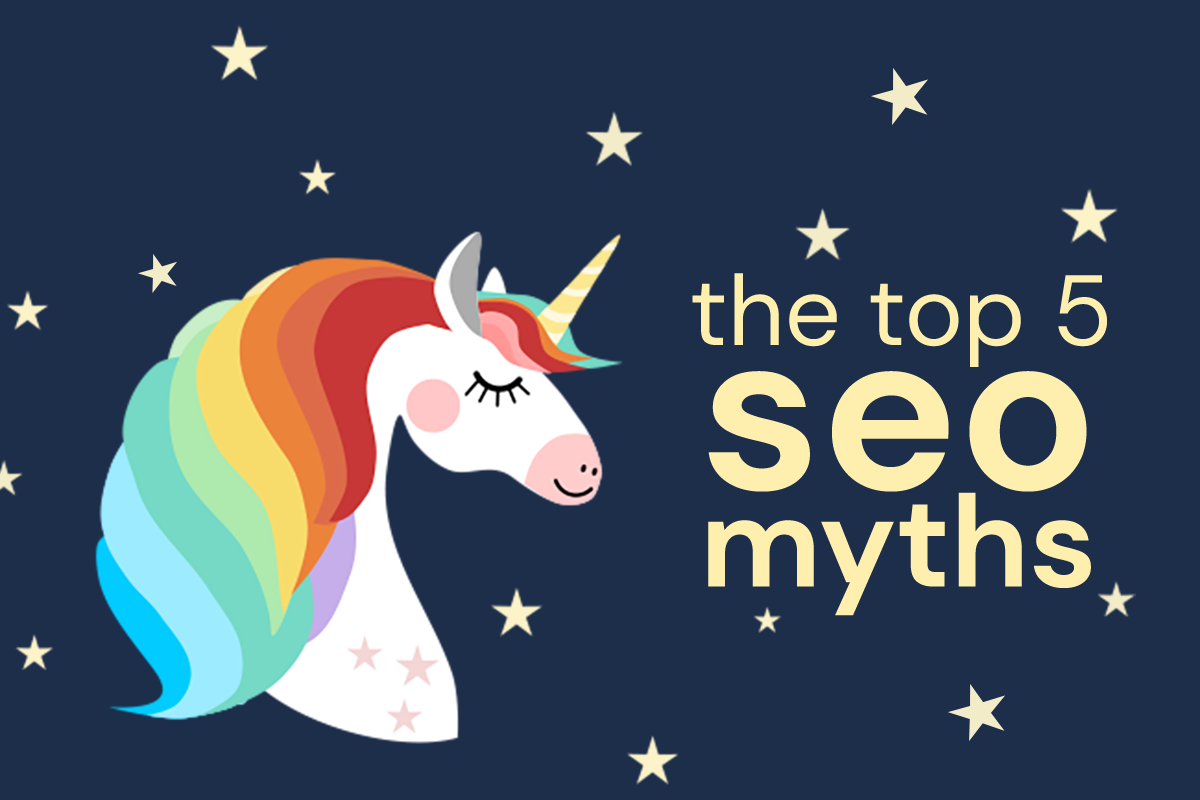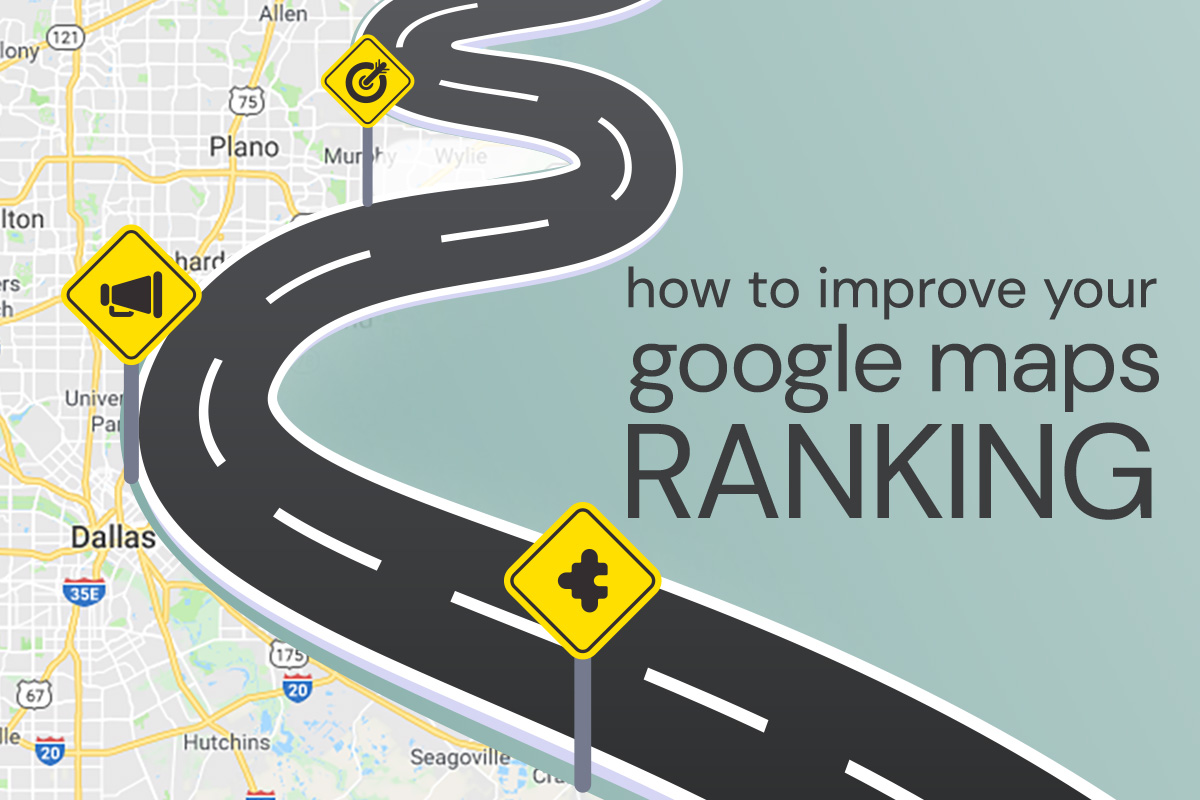If you first learned about SEO 5 or even 10 years ago, we hate to break it to you: things have changed a lot. Where once you could reliably boost your page rank by adding meta tags and meta keywords, that’s no longer the case. Google rolled out eleven major updates just last year, and this year is likely to match it. Surely you’ve noticed how Google searches have become more and more intuitive—a feature that is directly related to how much better it’s become at weeding the good content out from the bad. To take a trip down memory lane, here are our favorite SEO practices that gone the way of the dinosaur:
SEO Myth #1: Submitting Your Site to Google
Honestly, we have no idea why Google even has a page where you can submit a site to them. It’s a complete waste of time. Google will find your site by itself pretty fast. Just remember, if you have a WordPress website, to uncheck “Discourage search engines” when you are ready to launch the site.
SEO Myth #2: Meta Descriptions
Back in 2009, Google announced that it would no longer consider meta descriptions for search engine rankings. But that doesn’t mean they’re entirely useless. The meta description appears below the search result as a snippet, and if they’re compelling, they can generate an increased click-through rate. And increased click-through rate CAN signal relevance. While Google remains mum on whether click-through affects rankings, we know that Bing does consider it.
Also, increased click-through rates are a good thing. Period.
SEO Myth #3: Meta Keywords
Meta keywords are almost certainly not useful for achieving a bump in your Google ranking. But while Google’s algorithms might have spurned the keyword game, there are still folks using less sophisticated search engines like DuckDuckGo, who are using the same techniques Google did 5 or 10 years ago. And social sharing websites do tap into keywords, so it’s not a total loss for you to add a few meta keywords.
By contrast, you should DEFINITELY be tagging your content’s keywords if you’re using a CMS like WordPress. Tagging generates links between content, and it’s good for search functions and site organization.
SEO Myth #4: Keyword Optimization
If you have a website, yes, you should try to use relevant keywords in your content. The fact is, though, that Google is now using a machine-learning artificial intelligence system called RankBrain. Google is literally teaching itself how to do tasks (like identify relevant websites) without being taught by a human or following detailed programming. That means that Google understands when you are using synonyms for your keywords. It knows when you are talking about topics related to your keywords. In general, it’s trying to view your website from the user’s point of view… so you should concentrate more than ever on the user experience.
SEO Myth #5: User Experience
Google has invested an enormous amount into its top-secret search algorithms. And if Google is sending you to a website, it wants you to have a good experience, so that you trust Google more and more. (Actually, the consequences of this whole cycle are bit creepy. See Dave Eggers’ The Circle.) But we digress. We know for a fact that Google tracks metrics like bounce rate, page load time, the time you spend on a page, the flow of a user through a website. These are all reports in a Google Analytics dashboard. It makes sense that it’s modifying its search results to find the sites with the best user experiences. Come to think of it, it has been a while since I was directed to a spammy page on Ask.com.
Join us next time when we talk about secret SEO factors that you didn’t know about. Are they secret? Not really. But you still probably didn’t know about them unless you deal with this stuff all the time.






